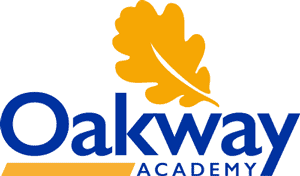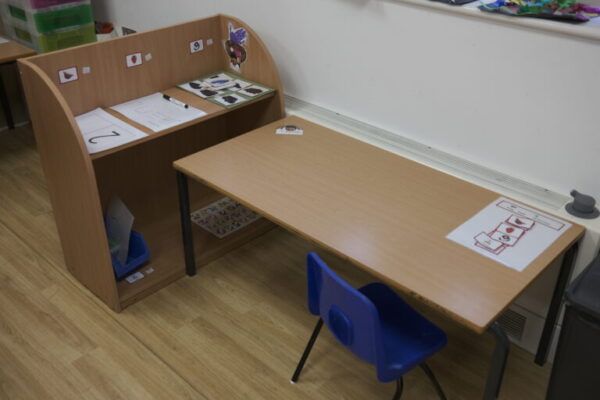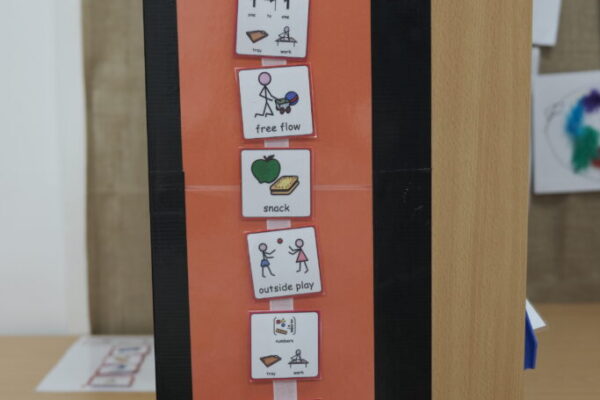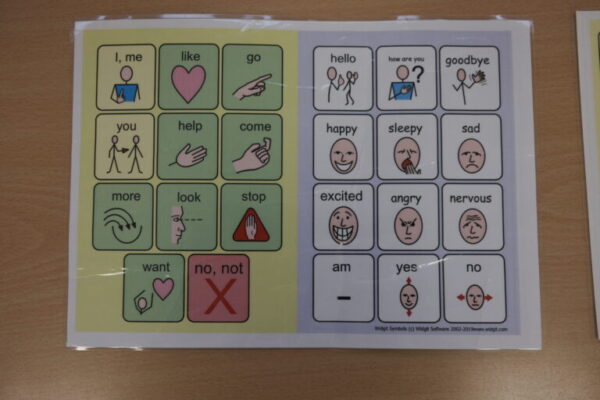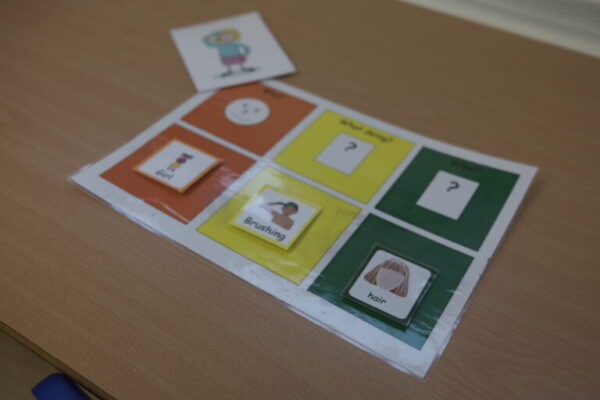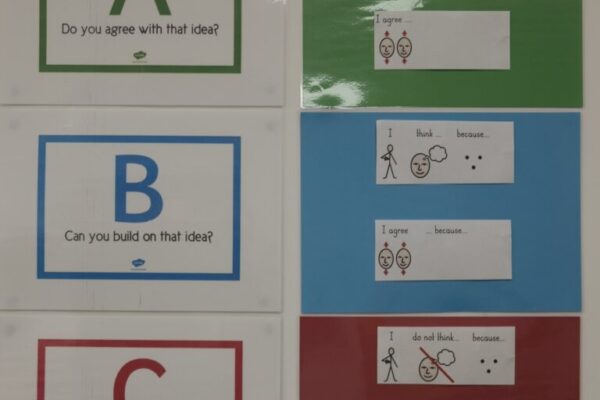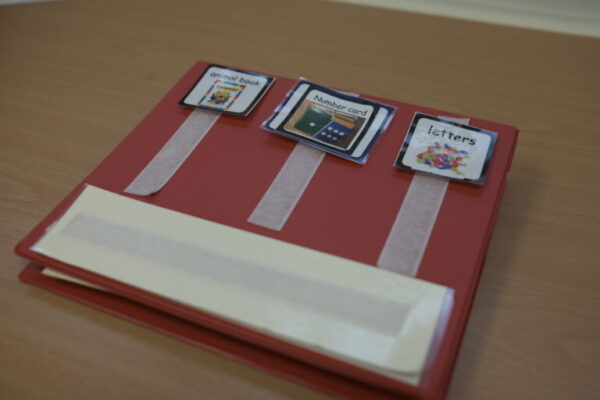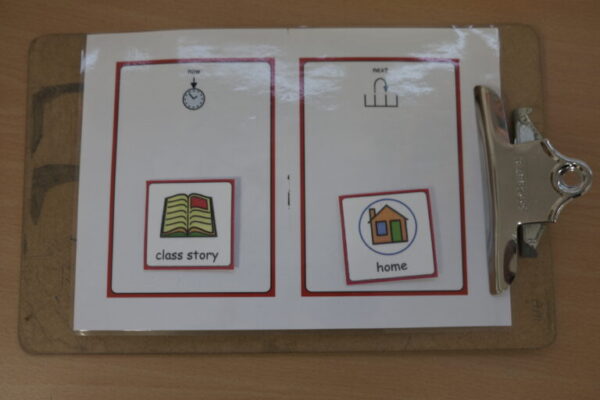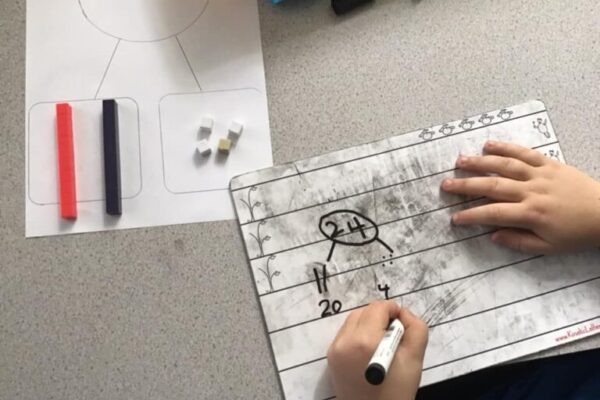How does the school know if children need extra help?
What should I do if I think my child may have special educational needs?
Oakway identifies children with SEND through analysis of progress and attainment data, pupil progress meetings and specific assessments. Referrals are made from teaching staff to leaders in the Inclusion team. In-depth information on a child is gathered through classroom observations, meetings with parents and relevant assessments. Outside agencies such as
Educational Psychologist and Community Paediatrician, are also used to clarify and ascertain a child’s special educational need.Once a pupil has been identified, and during the process of identification, relevant interventions are put into place to ensure the child can access their learning and receive the appropriate support. We employ a cycle of assess, plan, do, review as per the graduated approach stated in the SEND Code of Practice.
If you think your child has special needs and this has not already been identified by the school, then an appointment can be made to see the class teacher, SENDCO or Principal and your child’s needs can then be discussed.
How will school staff support my child?
The SENDCo is responsible for leading SEND which is done in close liaison with the senior leadership team. A team of specialists work alongside the SENDCo to ensure students are supported both inside and outside of the classroom. In addition to teaching staff who support SEND, it is delivered by the:
Two speech and language TAs
Three TAs providing support within small groups and 1:1 interventions
3 welfare officers delivering Self-Esteem work, Theraplay and Anger Gremlins to help/support children (and their families)
Whatever resources are required in mainstream setting; school will endeavour to provide them.
How will the curriculum be matched to my child’s needs?
The school recognises that children are at different levels in their learning and learn in different ways. Where children are underachieving and/or identified as having special educational needs, the academy provides for these additional needs in a variety of ways and might use a combination of these approaches to address targets identified for individual pupils:
- Teachers differentiate work as part of quality first teaching
- Learning is carefully sequenced and carefully chunked
- Learning is scaffolded to meet the needs of all learners
- We understand that children learn at their own pace so we closely monitor progress using Learning Plans for children who have more difficulties than we would say is class action. All parents are invited to contribute to their child’s Learning Plan and we will keep you informed of any progress that is made in meeting the targets in the plan
Oakway Academy uses a tiered approach to supporting children with special educational needs and disability. This approach ensures that we match strategy to child to ensure that we best meet the needs of each individual.
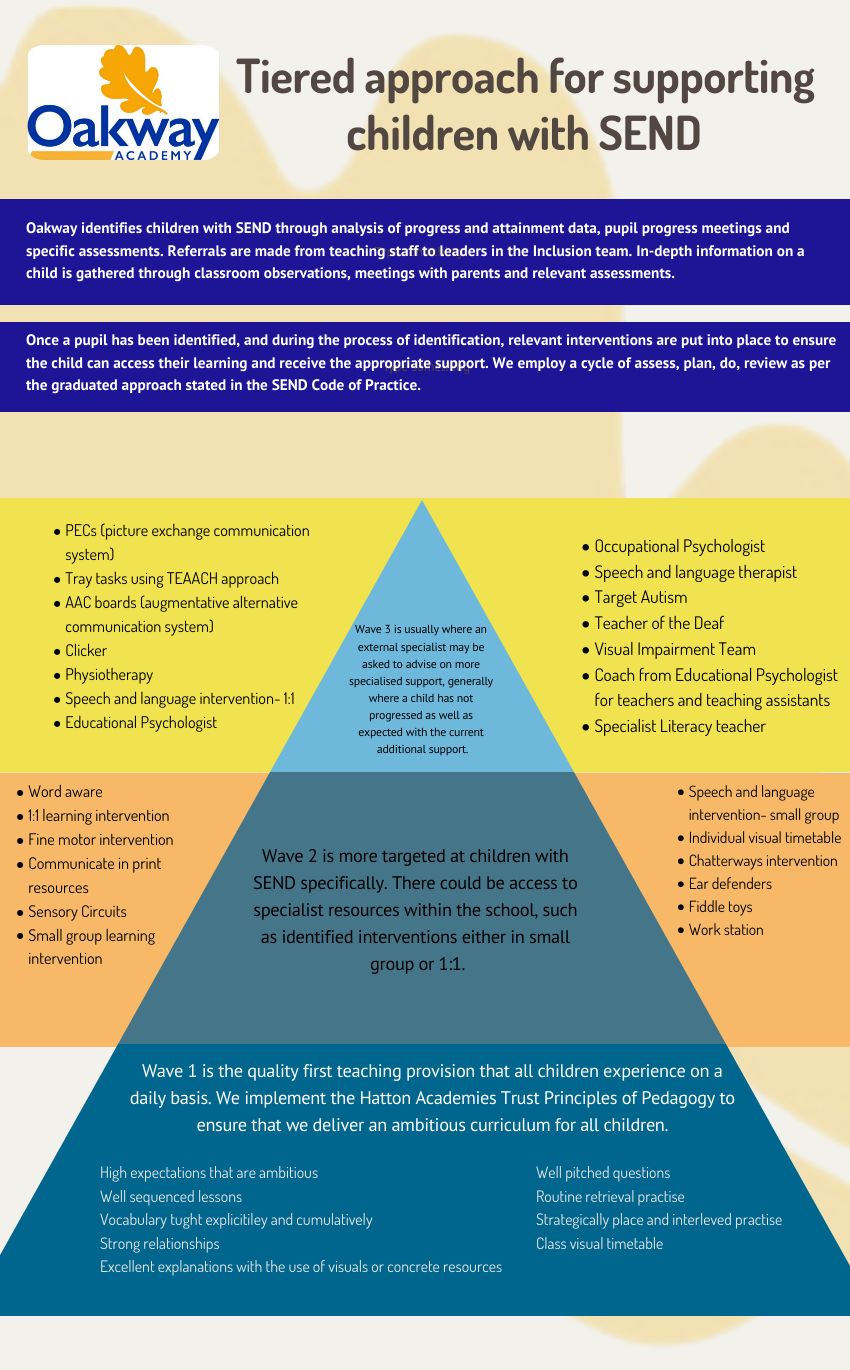
What support will there be for my child’s overall wellbeing?
The school will keep in close contact with you about your child’s overall wellbeing. To support the development of positive behaviours and friendship groups we have Young Leaders and lunchtime clubs to support all children in building friendships. We also have ‘worry eaters’ for children to write down any concerns they have about any aspect of their school life. We use our Personal Development Curriculum to ensure that all children are listened to and we have a School Council for children to share their views and ideas. We work with Mental Health Support Team programme in Northamptonshire and as part of this we will be able to increase the support we offer to parents, pupils and staff. Pastoral needs are discussed in fortnightly welfare meetings and impact of interventions is reviewed accordingly.
- 1:1 Theraplay with parents/carers
- Group Theraplay
- Drawing and Talking
- Service Six counselling
- Protective Behaviours
- Playtherapy
